For the control of PRRS we will work both at phase 1 and phase 2 levels
Internal biosecurity and management measures are key for the control of PRRS and other diseases. Above all, working with the All In-All Out system.
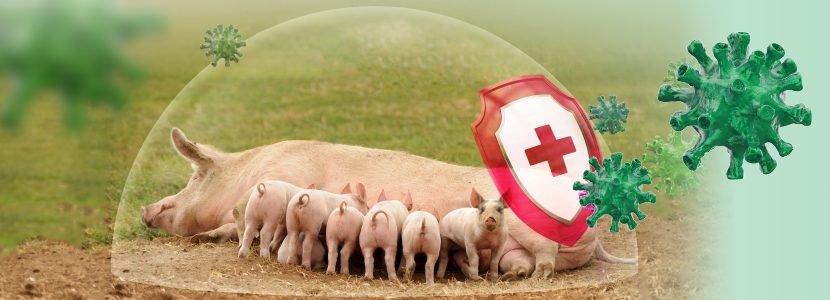
Sometimes, pig technicians face a breeding farm that is supposed to be stable to Porcine 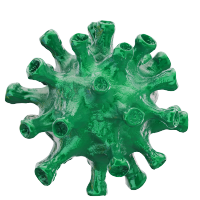
One of the possibilities is that viral recirculation is present in the farm, so we must check and work on management and biosafety&biosecurity measures.
For the control of PRRS we will work both at phase 1 and phase 2 levels
CONTROL TOOLS AT PHASE 1 LEVEL
If PRRSV is circulating among the breeders, the first objective will be to stop viral circulation. We 
After birth of non-viremic piglets, we will need to implement good management practices (McRebel*) and internal biosecurity on the farm to finally wean PCR negative animals.
What are the management and internal biosecurity measures that can be improved on the different farms?

In farrowing, McRebel management is all those management measures aimed at reducing the transmission of PRRSV and other secondary pathogens among piglets.
These measures are aimed at maximizing the number of piglets remaining with their mother, so that each litter behaves as a unit managed in an All In-All Out system.
Main factors to take into account in McRebel management:

The development of hyperprolific genetics makes the right colostrum intake a basis for ensuring the piglet survival in the first days of life.
One of the most widely used techniques is the “sequential colostrum intake” that is, in those litters where there are more piglets than functional breasts, it is necessary to take turns, thus ensuring that the weaker piglets ingest enough colostrum.
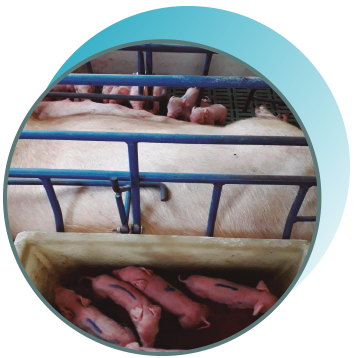
To ensure survival, each piglet needs to consume 160-180 g of colostrum/kg of body weight


However, sometimes there is a lack of importance given to properly colostrum intake
It is important to transmit to the staff the importance of this basic pillar, so that we can guarantee that the piglets will take properly the colostrum, especially in the first 12 hours of life when the concentration of immunoglobulins as well as the intestinal permeability are higher.

One of the most common mistakes in farms is to perform excessive movement of piglets the first 24 hours of life.
It is important that piglets only move to occupy the available breasts per sow and is not recommended to group per sizes.
In the weekly birthing batches, the litters are in equal number and size, but sometimes this handling is done in such a way that farmers end up moving a big number of piglets.
We must always prioritize that the maximum number of piglets stay with their mother.
Regarding the surplus piglets in the week of births, there are two systems of handling:
Subscribe now to the technical pig magazine
AUTHORS
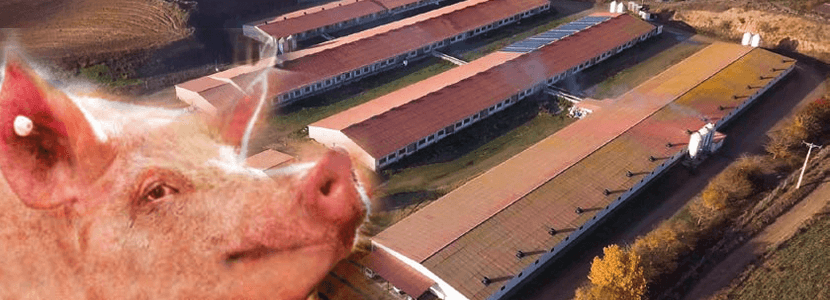
Bifet Gracia Farm & Nedap – Automated feeding in swine nurseries

The importance of Water on pig farms
Fernando Laguna Arán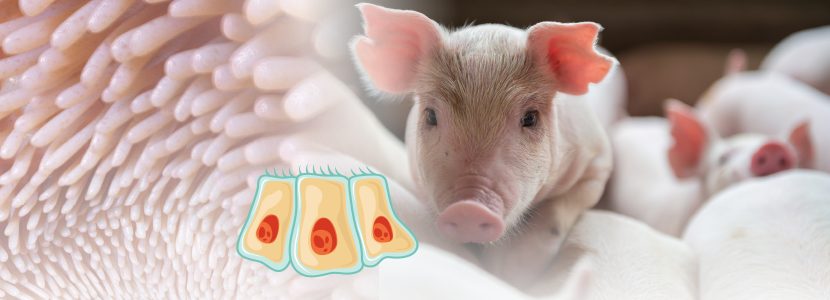
Microbiota & Intestinal Barrier Integrity – Keys to Piglet Health
Alberto Morillo Alujas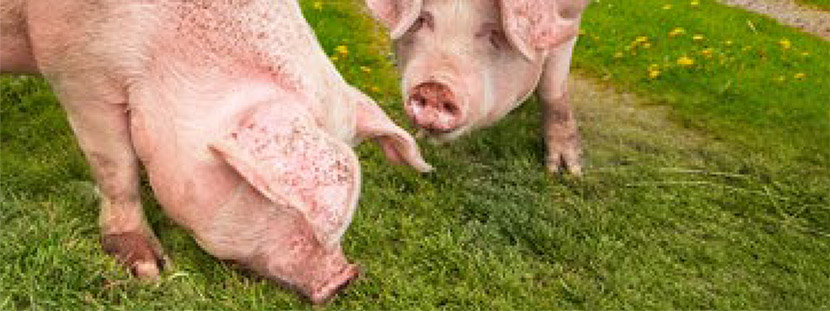
Impact of Reducing Antibiotic use, the Dutch experience
Ron Bergevoet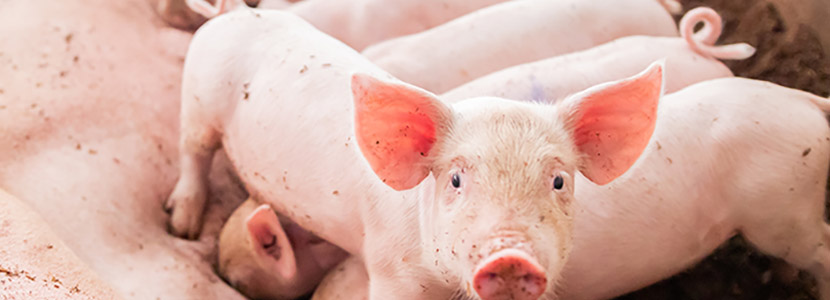
The keys to successful Lactation in hyperprolific sows
Mercedes Sebastián Lafuente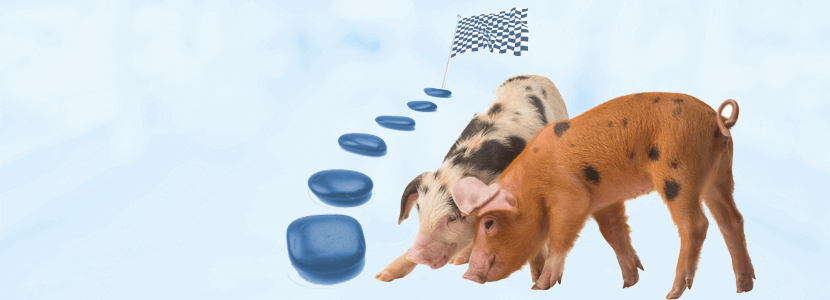
Addressing the challenge of Management in Transition
Víctor Fernández Segundo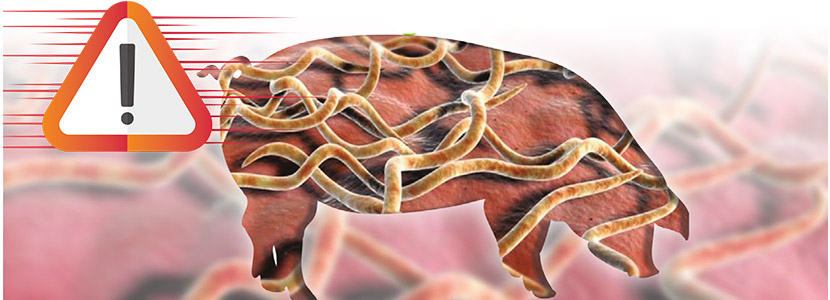
Dealing with the rise of Swine Dysentery
Roberto M. C. Guedes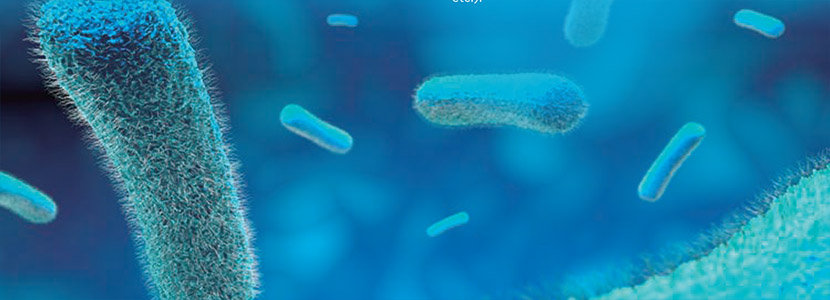
Actinobacillus pleuropneumoniae – What are we dealing with?
Marcelo Gottschalk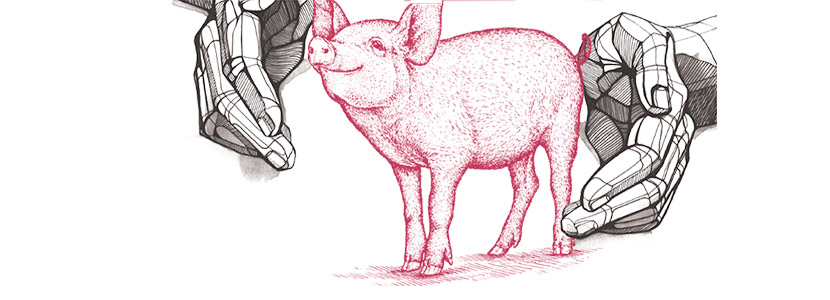
The new era of Animal Welfare in Pig Production – Are we ready?
Antonio Velarde
Gut health in piglets – What can we do to measure and improve it?
Alberto Morillo Alujas
Interview with Cristina Massot – Animal Health in Europe after April 2021
Cristina Massot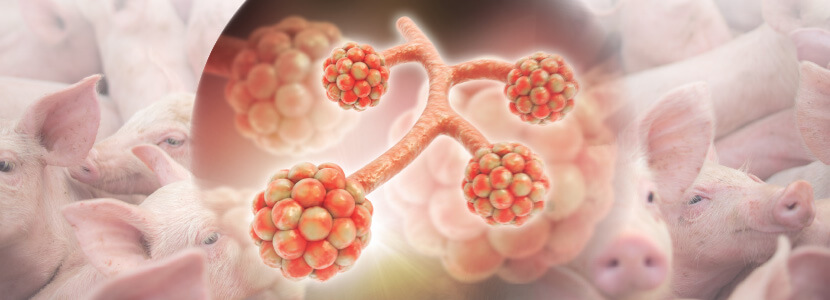
Differential diagnosis of respiratory processes in pigs
Desirée Martín Jurado Gema Chacón Pérez